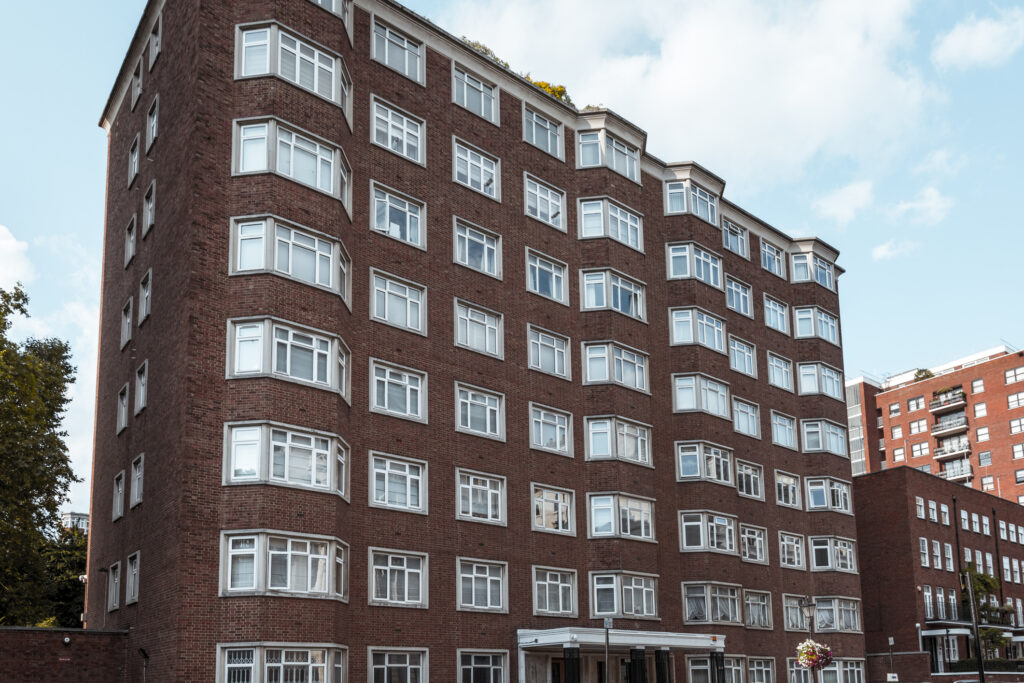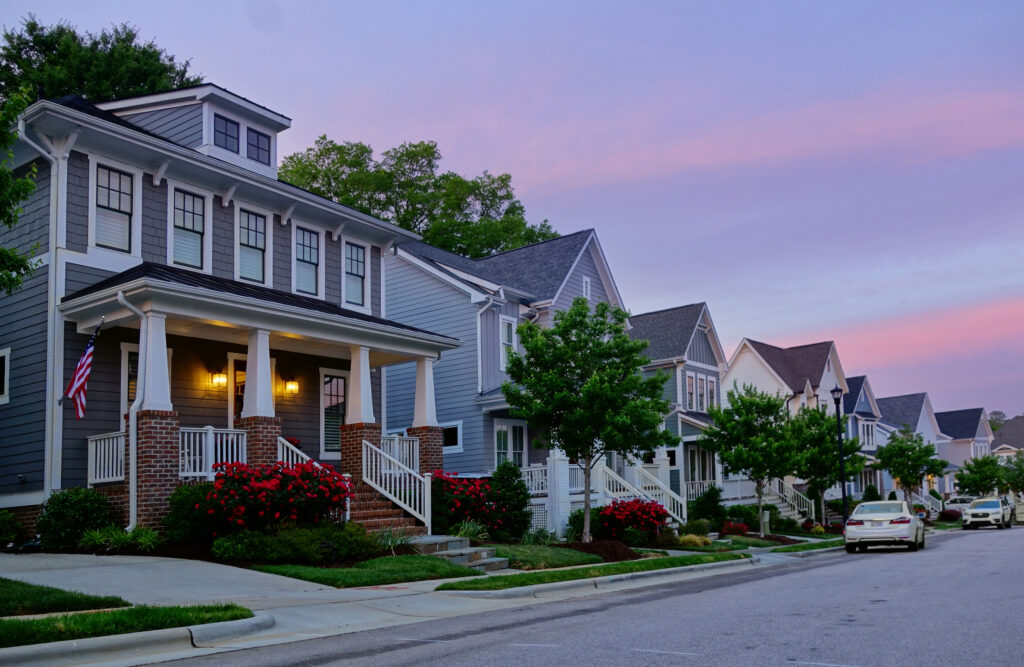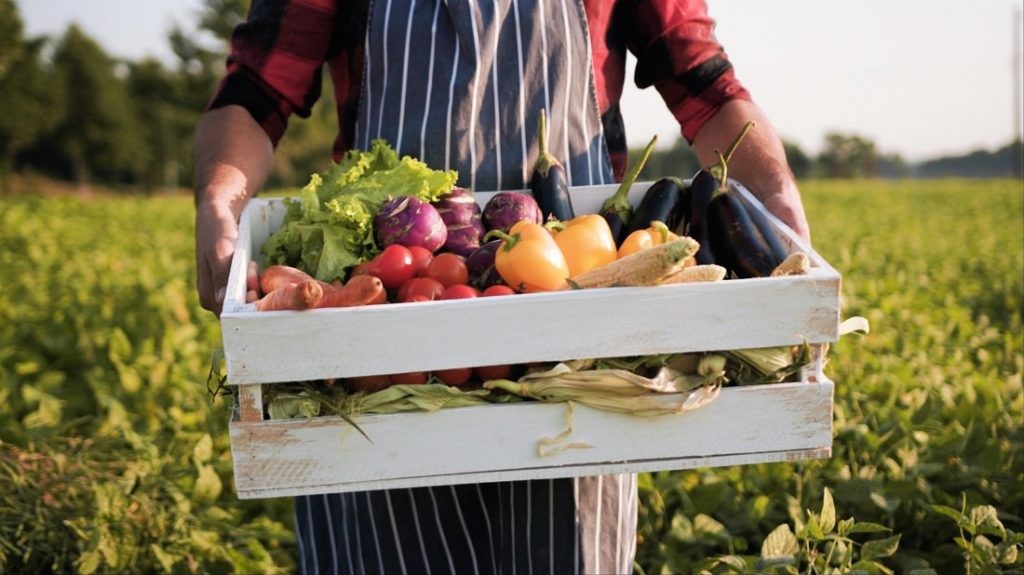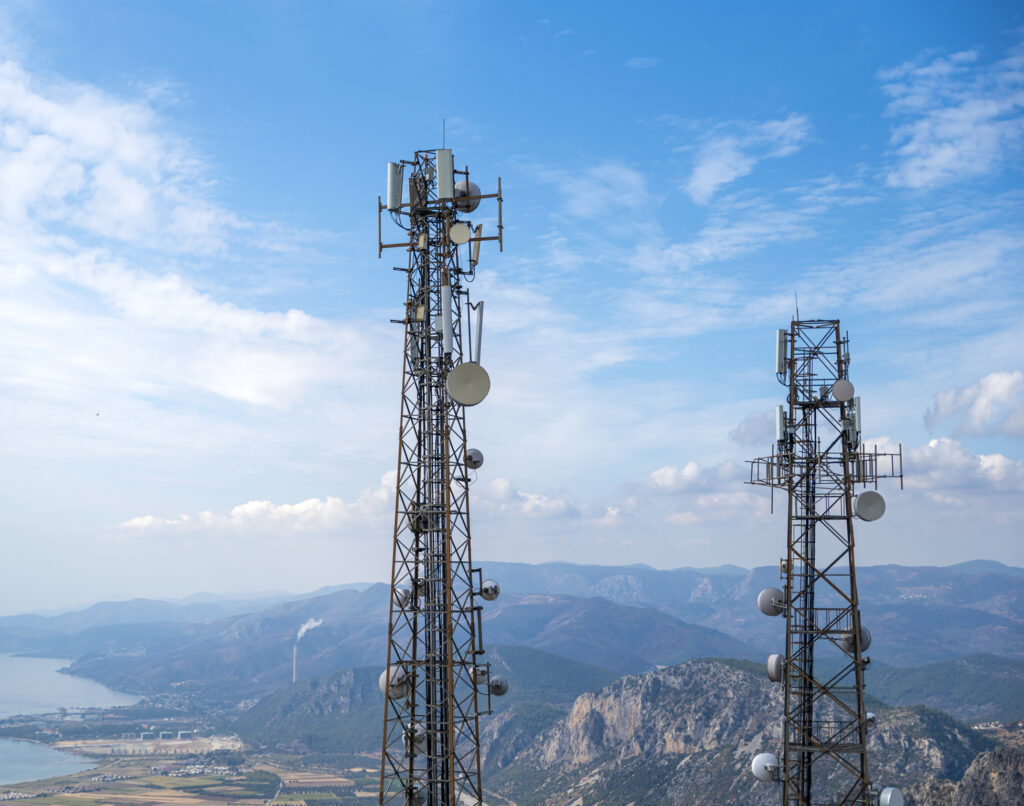
Advancing the Regional Green Jobs Agenda
King County Washington's Green Jobs Ordinance reveals that women and BIPOC communities are often excluded from well-paying green jobs. To address this, King County, the City of Seattle, and the Port of Seattle are partnering with FUSE to create a strategic plan promoting green jobs and equitable access to green... Read more

Economic Sustainability Through Affordable Housing
Across America, the growing housing crisis is causing negative consequences for citizens, especially for low-middle income (LMI) families, resulting in a ripple effect on the economy. Kansas’s major metropolitan centers, such as Kansas City, are feeling the effects of these shortages; the already low supply of available, affordable housing continues... Read more

Improving the Cleanliness, Health and Employment Outcomes for Underserved Neighborhoods
The City of Baltimore recognizes the unique opportunity to address longstanding health inequities in a way that simultaneously creates wealth-building opportunities for its residents. As part of Mayor Scott’s agenda and the City’s strategic investment of federal relief funds, Baltimore is launching innovative programs that create employment pathways while improving... Read more

Designing Small Business Supports to Strengthen Fort Worth’s Entrepreneurial Ecosystem
Small businesses and entrepreneurs, who comprise the heart of the American economy, continue to face challenges arising from the pandemic – predominantly minority-owned small businesses and entrepreneurs of color. Small businesses owned by people of color already face systemic barriers to accessing financing and business resources and are more likely... Read more

Catalyzing Innovative Programs and Policy to Restore Food Sovereignty to Birmingham’s Residents
From James Beard award-winning restaurants to the vast Pepper Place Market, where people from across central Alabama convene on weekends to shop for locally grown fruits and vegetables, Birmingham is among the small cities favorited by food lovers and culinary experts across the nation. Unfortunately, not everyone in the city... Read more

Ensuring Equitable Access to Career Development through the West San Jose Innovation Zone
The City of San Jose is known as the Capital of Silicon Valley. With a population of just over 1 million, it is the third largest city in California. Given the region’s proximity to cutting-edge technology companies, there is immense potential to offer residents greater exposure to new education and... Read more

Community-Centered Approaches to Expanding Birmingham’s Broadband Infrastructure
In Alabama’s Black Belt, the digital divide has compounded issues related to racial discrimination, high poverty, and limited access to healthcare services. Nine counties in the Black Belt have less than 30% access to broadband, and even in Black Belt cities with established infrastructure, like Birmingham, many residents face cost... Read more

Developing and Implementing a Community-Centered Climate and Equity Plan
As the planet continues to warm, Milwaukee, like many American cities, faces the increasingly catastrophic effects of climate change. Milwaukee also has pronounced racial disparities that are exacerbated by this climate crisis. Confronted with the climate emergency and persistent economic disparities, Milwaukee recognizes an opportunity to simultaneously address both of... Read more

Creating Equitable Pathways to Quality Jobs in Furtherance of L.A.’s Green New Deal
The City of Los Angeles knows that taking immediate action to sustain clean air, water and healthy living conditions is a moral imperative. Building on its initial Sustainable City Plan (2015), the City’s Paris-compatible Green New Deal (2019) laid out ambitious targets to directly address issues ranging from inequitable access... Read more

Increasing Equitable and Affordable Access to Transportation in King County
King County Metro is the largest public transportation agency in the Puget Sound region, delivering more than 130 million rides per year. In 2020, King County was the first in the nation to be impacted by Covid-19, with Metro ridership dropping to 90% below pre-pandemic levels. However, even at the... Read more
